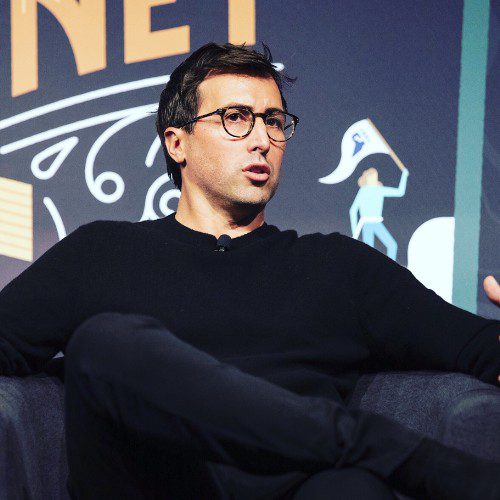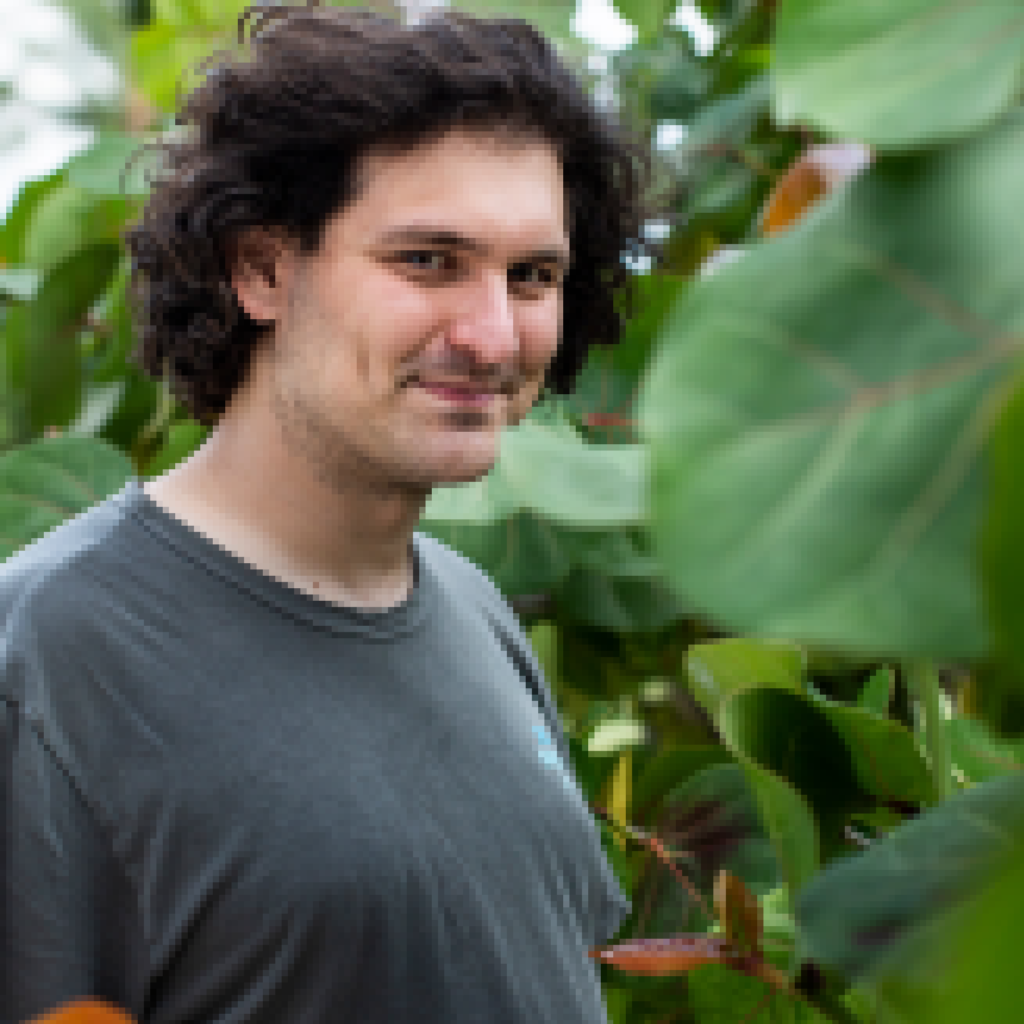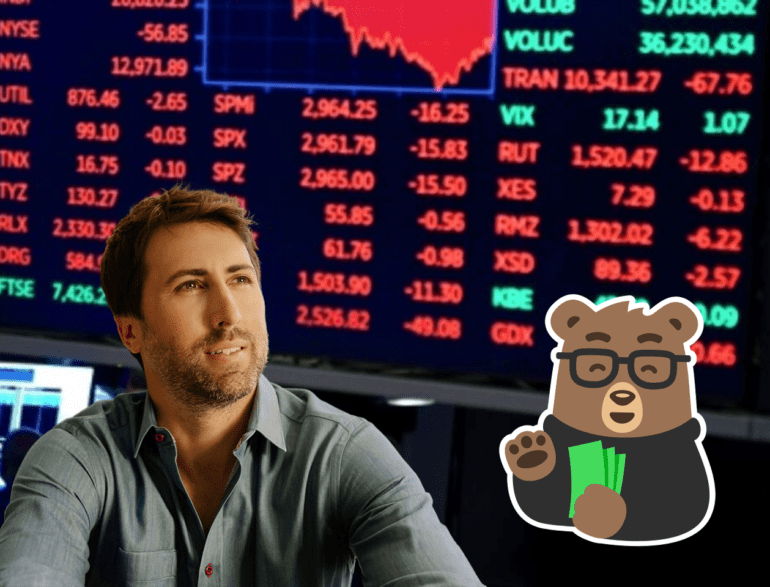Neobank Dave virtually invented the overdraft feeless trend in banking. Everyone offers it now in the summer of ’22, from competitor neo banking veteran Chime to Bank of America.
Co-founder and CEO Jason Wilk explained that the uncertainty and market forces are dragging all tech down in the same bucket, innovators and all.
“It’s a little frustrating because the companies originally having a tougher time just did not have positive unit economics: For every dollar, you know that they drive in revenue, it’s costing them more than $1,” Wilk said.
“For Dave, we have great unit economics, we’ve got good gross margin on all of our business, we have a great solid CAC/LTV. Companies that are out there that are public have some of those challenges around economics, and we’re all getting bucketed together, whether it’s correct or not.”
He said he sees the end of the bear trend coming soon, as investors do their homework and realize the time is right to put money back into the market.
After founding in 2016, Dave launched into the public markets through a SPAC merger after the start of the new year in January.
After opening at $8 a share, Dave felt a $3 billion valuation before climbing higher. The share price launched at $15 at one point but has since trickled down to $.71/share, more than a fair share of the industry-wide selloff hitting fintech personnel teams everywhere.
It’s been one of the most challenging parts of the year, Wilk said, but he knows Dave is a winner and hopes investors will see that soon.
He pointed out that they quickly rose to 6 million customers with only about $60 million of VC funding, while other fintech giants acquired less with more.
Overdraft protection ‘Took the Industry by storm’
Wilk said that the idea to offer overdraft protection through a product called ExtraCash, came from personal pain points, the origin of many great startup ideas.

“I was over drafting quite a bit when I was getting my start going through school as a fledgling entrepreneur coming out of college: over drafting your account is something that everyone goes through, and that $5 overdraft that ends up being a $35 charge in your bank,” Wilk said. “This was such a large opportunity, and no one was addressing it.”
Wilk said neo banks had been around for quite a long time,
“Chime has been around since 2013. But what they missed out on was that they didn’t allow for overdraft.”
“Dave was the first overdraft product to come out that would just advance people the money they needed; we launched was up to $75 bucks because that was the amount that I needed,” he said. “It was just enough to buy one gas tank or go to the movies without paying a bank fee.”
Wilk said the innovation took the industry by storm, “We added 6 million customers with less than 60 million of venture capital raised, compared to our competitors that have to raise billions to get even close to parity on the customer numbers.”
Running a neobank means leaning into the target market
What began as a word-of-mouth customer acquisition scheme continued, Wilk said, mentioning in a recent earnings call that 30% of their new customers come to the app because a friend told them about it.
That was always part of the planning, Wilk said, with the simple Dave brand, an approachable and accessible banking option.
“It’s easy to share, it’s unique for a financial institution to have such an everyday name, but that was the whole point. We wanted a very approachable character with a very approachable name that needed friendly to want to interact with; our word of mouth is powerful. But also we have a great product experience.”
Wilk said during an earnings call that the target customer is the 150 million Americans that struggle to make ends meet and are sick of paying fees. The firm recently increased the $75 spot credit option to $500, an interest fee short-term credit option. Wilk explained that the average American does not have $400 set aside for an emergency to compete against the big guys by offering something everyone needs.
“There’s still no interest; there’s still no credit check, and we’ve also just recently introduced the ability to build your credit as you pay it back as well,” he said. “We just found it through the pandemic and inflation; the amounts people need access to are increasing.”
Simple options that work
Building for the lowest bracket is building for the largest bracket. Wilk said that Dave aims to capture the forefront of Neobanking products, which means simple options that work. That’s a fee-free checking account, with zero overdraft fees and no minimum balance fees, whatever is “meaningful for the average everyday American who’s paying a lot just to maintain a basic checking account.”
He said many competitors require a direct deposit before offering overdraft.
Still, Dave has a built-in machine learning model that enables customers to use the spot feature the same day they join.
He compared the option to other larger institutions that are less willing to give out small-time credit, even during the popularity of BNPL, “I think banks like JP Morgan are out there offering 50 bucks for one day; Dave will give you $500 for up to two weeks.”

Speaking of setting apart, FTX Ventures, the investment arm of Sam Bankman-Fried’s FTX, recently invested $100M into Dave.
Wilk said Sam’s altruistic mission to build products that level the playing field matches his own. He also said the future might hold more than just investment; Dave could open a different class of customers toward cryptocurrency in the future.
“We have an opportunity to offer crypto to the under 30 demographic of customers who are living paycheck to paycheck,” he said. “I think that’s where the interest lies from FTX.”
Where did the bear market come from?
Wilk said that the down markets, fighting inflation, interest rates, supply crunch, and European wartime shortages all lead back to Covid uncertainty. Investors are worried, asking themselves, “What is consumer spending going now that we don’t have the stimulus?”
“We’re in such an uncertain time, where people don’t know how the economy is recovering,” Wilk said. “I think until fed interest rates muzzle off, and until we see sort of what the economic effects of not having stimulus into the economy, I think investors just aren’t sure how to value most companies.”
Government stimulus created a weird, unsure spending environment, he said, and a lot of inflation. If investors are not willing to put money into establishing legacy businesses, they’re going to put money in growth companies, Wilks said. Fintechs like Dave are getting through into bucketed into that latter category.
Moving to a virtual-first model when the pandemic initially hit, Wilk said he felt that uncertainty firsthand at the helm. Trying to hire team members at a fast-growing company without the ability to meet with people, while crazy valuations overpaid for talent, made it challenging, he said. Some of the issues covid dragged up are still around.
“There was also such a strange environment where people were overpaying for talent and ultimately just hopping around jobs. There’s not a lot of in-office camaraderies anymore, and people’s loyalty seems to be waning; even people’s loyalty to their cities where they’re living is waning as well,” he said. “It is such a strange time to be running a company, with such uncertainty and new things going on in the world of building, company, and culture.”
Dave’s ups and downs
Wilk said there had been ups and downs, but the scariest time of the year has been the drop in stock price, and not because Dave is running out of money. He said they have all the capital they need for their business; they have been profitable most quarters in the past, but that’s not why they went public.
“We have all the capital to run our business, but we went public for a few reasons. One was to attract capital, two for employee retention, and three to use that public currency for m&a,” he said. “And, yeah, the public markets are making that pretty challenging. Private markets are not any better, but still, I think that’s been the toughest part of the last year.”
Related:
It’s all a great sifting, he said, like panning for gold, as capital looks for who will be the winners and who will be the losers. With a solid founding vision, Wilk said you couldn’t go wrong.
“We’re focused on helping our customers graduate their financial life to the next level. It’s an exciting time for us, and as people help improve their financial health, we’ll have more products waiting for them to graduate. So all these losses offer LTD a very sustainable and profitable business in the future.”
With any luck, the turnaround to a sense of normalcy and overall market rebound is just around the corner, Wilk said.
“I think once we get through another quarter or two, and people start to see what’s what, I think we’ll be in a better position to see strong investor demand and come back to the market,” he said. “There’s too much capital on the sidelines for people to sit around and let good companies go by the wayside.


